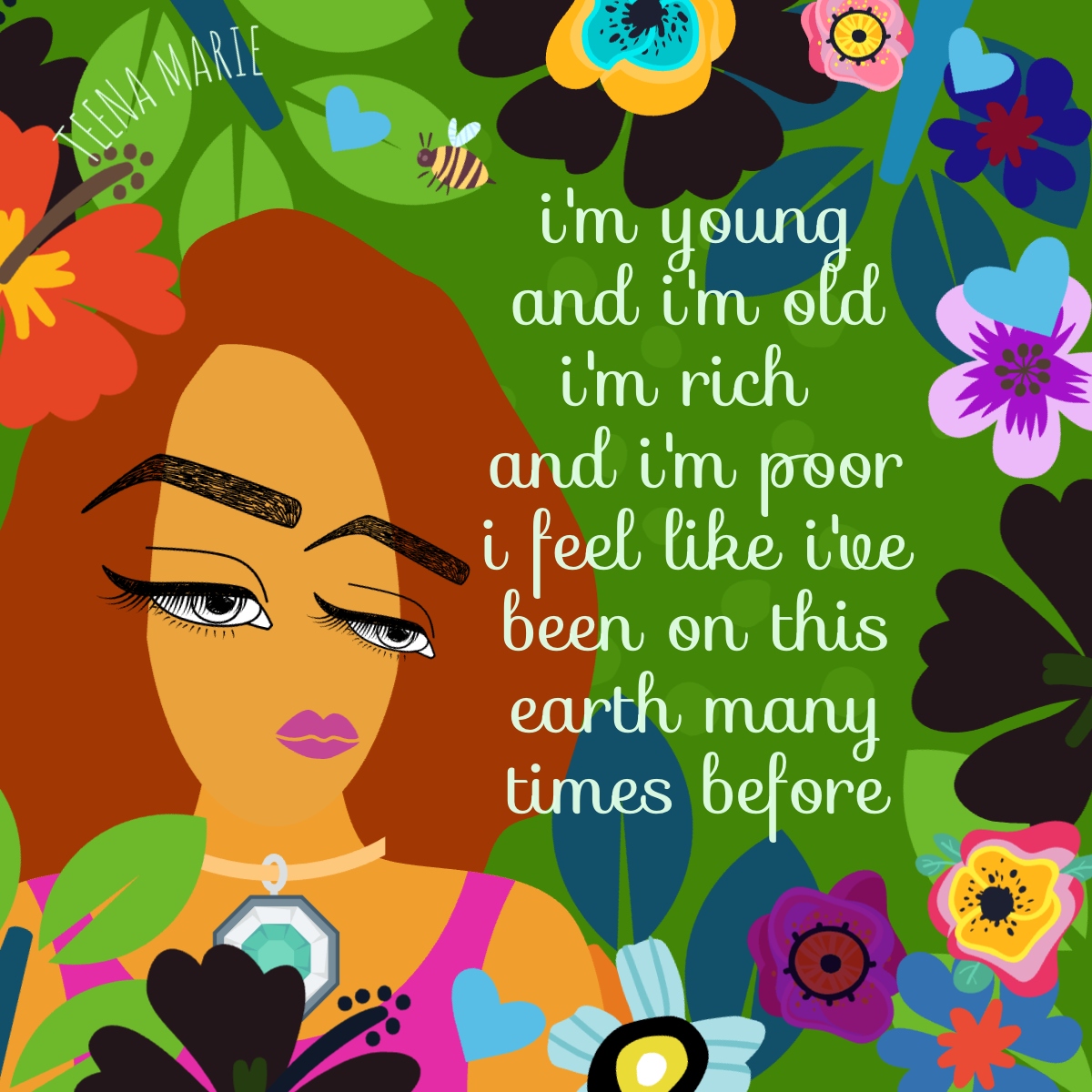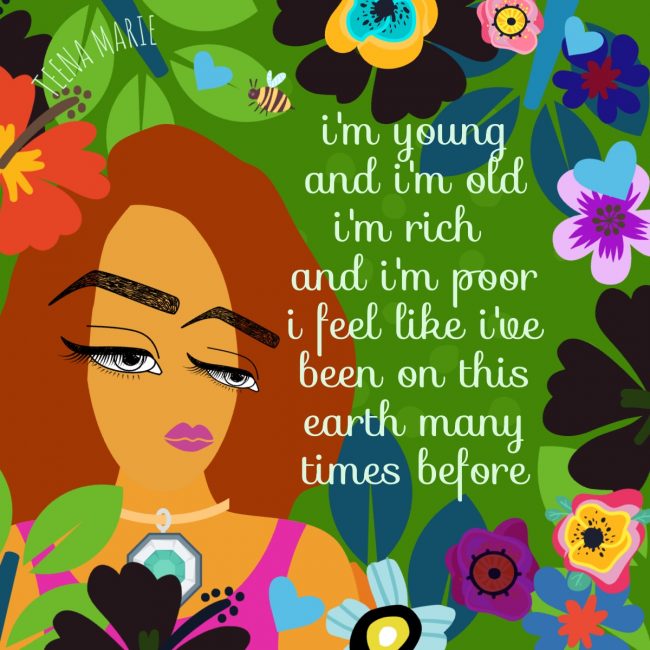Singer Levi Stubbs‘s life journey serves as both an inspiration and a cautionary tale. His iconic contributions to music, particularly through the Four Tops, highlight the beauty and power of artistic expression. Yet, beneath the glittering surface of fame lies a stark reality that many artists and fans overlook—the fragility of health.
The alarming statistics surrounding strokes and health disparities in communities of color are especially poignant in the context of Stubbs’s life. Despite his immense talent and success, he faced significant health challenges, including prostate cancer and diabetes, which ultimately overshadowed his musical legacy. It’s a bittersweet reminder that even the most beloved figures are not immune to the realities of life, and the pressures of a demanding career can often lead to neglecting personal well-being.
The statements from those close to him, like Norman Whitfield, resonate deeply. They remind us that health should be prioritized, not just as a personal responsibility but as a communal one, particularly in conversations about race and health equity. The struggles of Levi Stubbs, Luther Vandross, Ella Fitzgerald, LaVerne Baker and Angela Bofill illuminate a critical narrative that transcends music, urging us to listen—both to the voices of these phenomenal artists and to our own bodies.
As fans, we often celebrate the triumphs of our favorite celebrities, yet we can easily forget the personal battles they may be facing. It’s essential to draw lessons from their stories, recognizing that health should never be taken for granted. Rather than focus solely on their public personas, we need to consider their holistic journeys, full of both shining moments and difficult struggles.
Levi Stubbs‘s legacy is a blend of soulful melodies and a reminder of the importance of health awareness. His approach to singing—living each song deeply—could be extended to how we approach our lives and well-being. It’s an invitation to not only appreciate the music but also engage in self-care and health advocacy, ensuring that we don’t repeat the patterns of neglect that can come with the pursuit of success.
In honoring his memory, let us strive to embrace a fuller understanding of health—one that encompasses not just the physical, but also the emotional and communal aspects of our well-being.
Ultimately, we can ensure that the voices we cherish continue to inspire us long after their passings.




